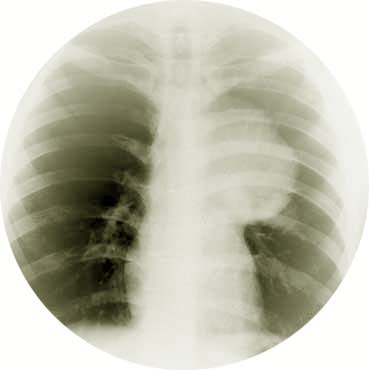Novel method to identify early-stage lung cancer
 Washington, Apr 24: By using a computer-aided detection (CAD) method, radiologists could identify cancerous lung nodules at an early stage, a new study has claimed.
Washington, Apr 24: By using a computer-aided detection (CAD) method, radiologists could identify cancerous lung nodules at an early stage, a new study has claimed.
Performed at the University of Maryland Medical Center in Baltimore, MD, the study could boost the chances of survival among cancer patients.
“In our study we identified 88 nodules that were not detected at the time of interpretation but visible in retrospect and were subsequently determined to be lung cancers,” said Joseph Jen-Sho Chen, MD, lead author of the study.
He added: “CAD was applied to the overlooked nodules and we found that 45-55percent of the missed nodules were found using the CAD software. The implication of our study is that it is possible that at least some of the nodules representing lung cancer might have been diagnosed at an earlier stage, resulting in early treatment and perhaps a better outcome.”
“The complexity of the structures in the chest including the ribs, mediastinum and pulmonary vessels can make it difficult to identify separate pulmonary nodules that may represent an early lung cancer from normal anatomy.
“Computer-aided detection is a method that can be used to assist the radiologist in the search for lung cancer. The software highlights abnormalities that may be overlooked by the radiologist on an initial search.
“The use of CAD may be particularly valuable in early lung cancer, where the findings are often subtle,” he said.
The study will be presented at the 2009 ARRS Annual Meeting in Boston, MA. (ANI)